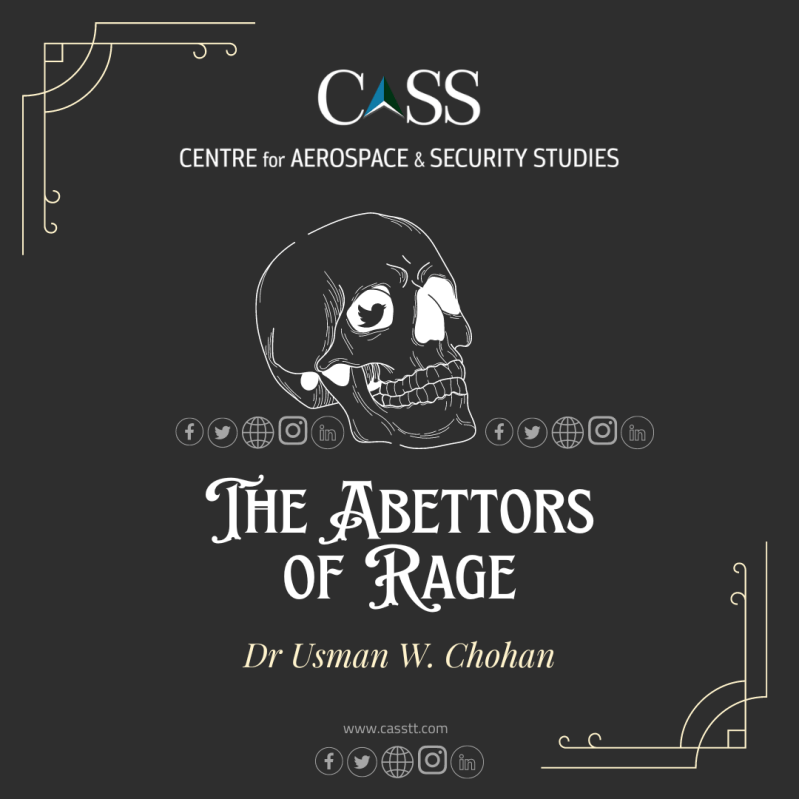Over the past few years, the global public has articulated an increasing concern about the influence that social media platforms might exert on a society when co-opted by vested political interests. More specifically, there is an increased worry that there exists a deep-seated accommodation between social media and fascist governments, a point that mirrors the historically cozy relationship between big corporations and fascist governments in the early 20th century.
In India, the country with the largest fake news problem in the world (according to a 2018 Microsoft study), the problem of political manipulation to incite violence has been particularly acute, and so has the coziness of social media giants with the current fascist ruling party (BJP). As recent Wall Street Journal (WSJ) investigations have revealed, Facebook has deliberately turned a blind eye to a litany of posts by members of the BJP that constitute a violation of Facebook’s own standards for incitement to violence. At the crux of this controversy lies the character of Ankhi Das, a top Facebook executive who has served as the company’s top lobbyist in Delhi, and nominally its public policy director for India, South & Central Asia. The WSJ has reported Das as saying that punishing violations by BJP workers “would damage the company’s business prospects in the country,” showing a preference for business over ethics or public safety.
The posts in question include those by BJP political members whose statements have urged the purge of Muslims in India, with potential for roiling majoritarian BJP adherents to act on hatred towards the minority community. In recent years, the Indian government has increasingly gained electoral clout by attacking the Muslims of India, a point that is not lost upon many observers of Facebook and other social media’s lax standards towards dangerous content, as shown in testimonies before the US Congress.
While serving as Facebook’s main lobbyist in India, Das has driven Facebook to let slip many posts that would incite violence, but Das’s links to far-right organisations run deeper, as Das’s twin sister is still a committed Akhil Bharatiya Vidyarthi Parishad (ABVP) activist. Das had also held a similar lobbying position at Microsoft earlier in her career. However, Facebook’s response has been its usual trope: “we prohibit hate speech and content that incites violence and we enforce these policies globally without regard to anyone’s political position or party affiliation.”
But scholars dating back to the 20th century interwar period have carefully pointed out the frighteningly close relationships that develop between business and fascist politicians with relative ease. Daniel Guerin’s seminal 1936 work Fascism and Big Business highlighted how big business and fascist governments in Germany and Italy would easily come into accommodation, and big business would happily sacrifice moral considerations for a larger slice of the corporate pie.
While 20th century businesses might have included the banking, pharmaceutical, construction, and transport sectors (among others), the much newer industry of social media seems equally keen to jump on the fascist bandwagon while sacrificing ethical duties to protect minorities from violence. The economic pie is not small either; India became Facebook’s largest user market in 2017 when it crossed the 240 million-user mark. Today, the number exceeds 300 million, accounting for more than 10% of Facebook’s entire global user base. Yet social media is as much a political and social phenomenon as an economic one, but the choices that the titans of Silicon Valley are making today might literally put people’s lives in danger thousands of miles away.
By hiring fascist sympathisers in foreign markets, Facebook is reflecting a longstanding ethos of big business that prioritises greater sales over people’s lives. Facebook thus becomes an abettor of rage, and a larger instrument in the hybrid warfare strategies of countries such as India which yearn to persecute their minorities. Of all the critiques of Facebook, and they are by no means trifling, abetting the violence of hard-line fascists must count among the most egregious.
Dr. Usman W. Chohan is Director for Economics and National Affairs at the Centre for Aerospace and Security Studies (CASS). This article was first published in The Nation newspaper. He can be reached at [email protected]
Image Source: Digital Vidya





